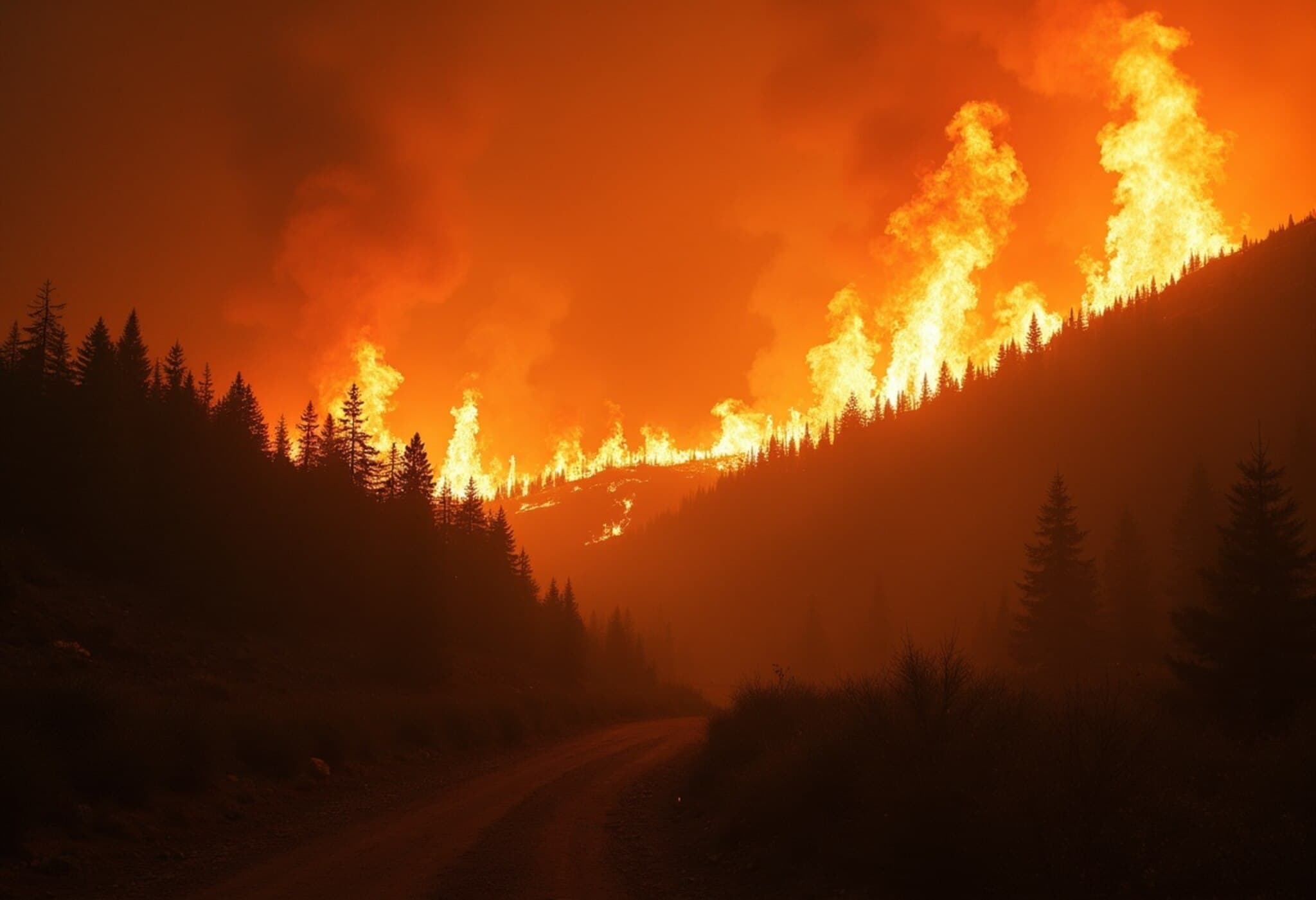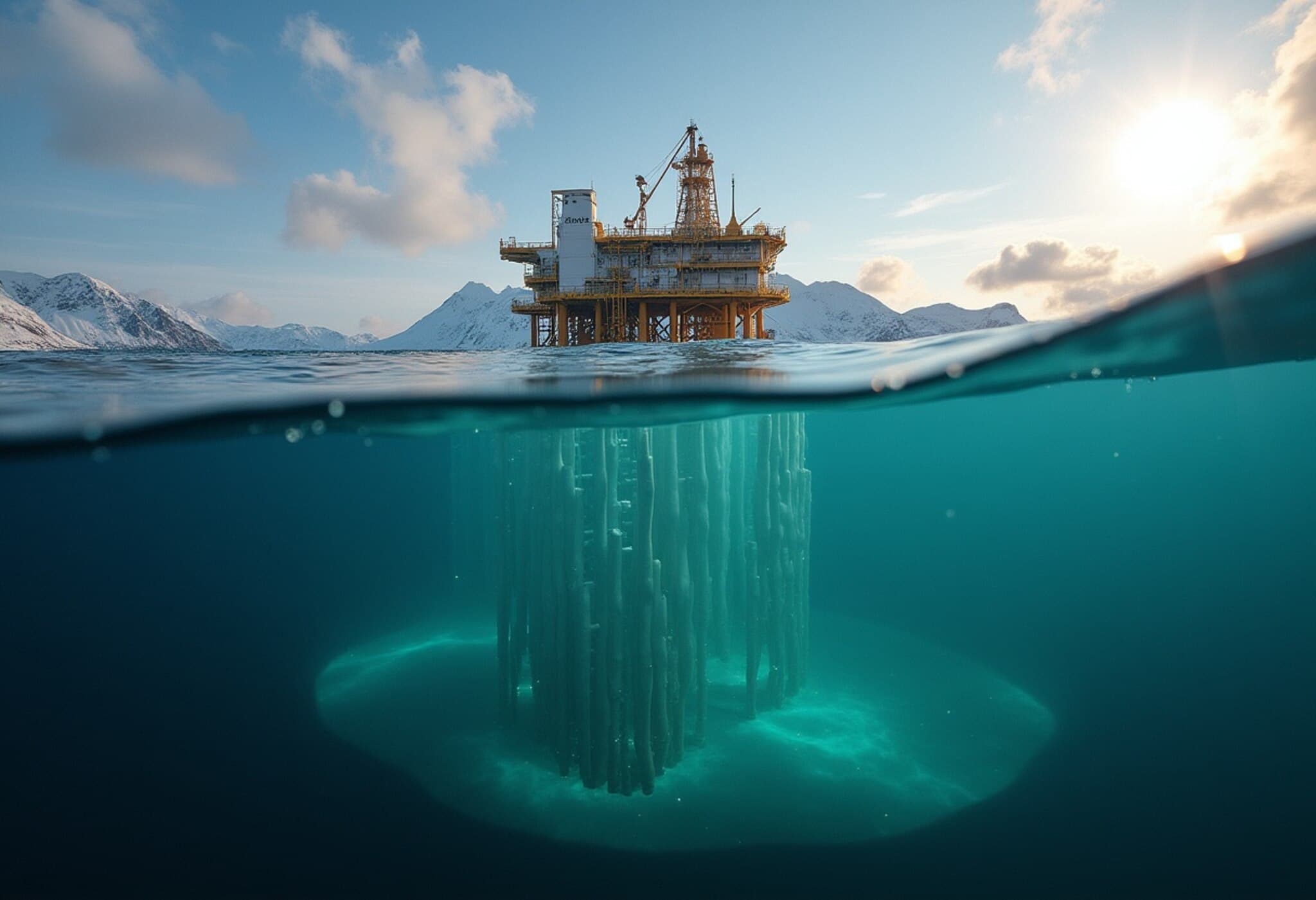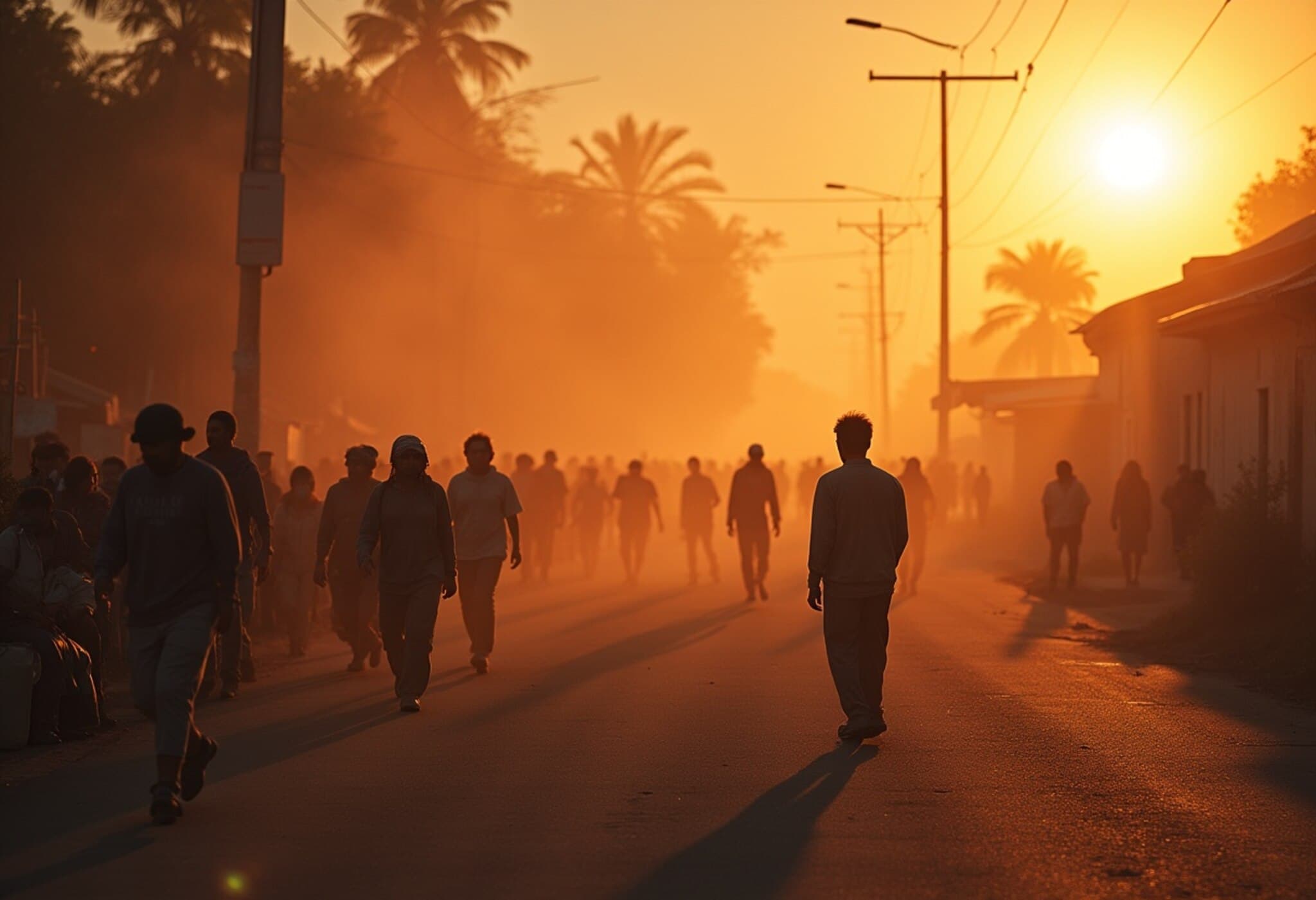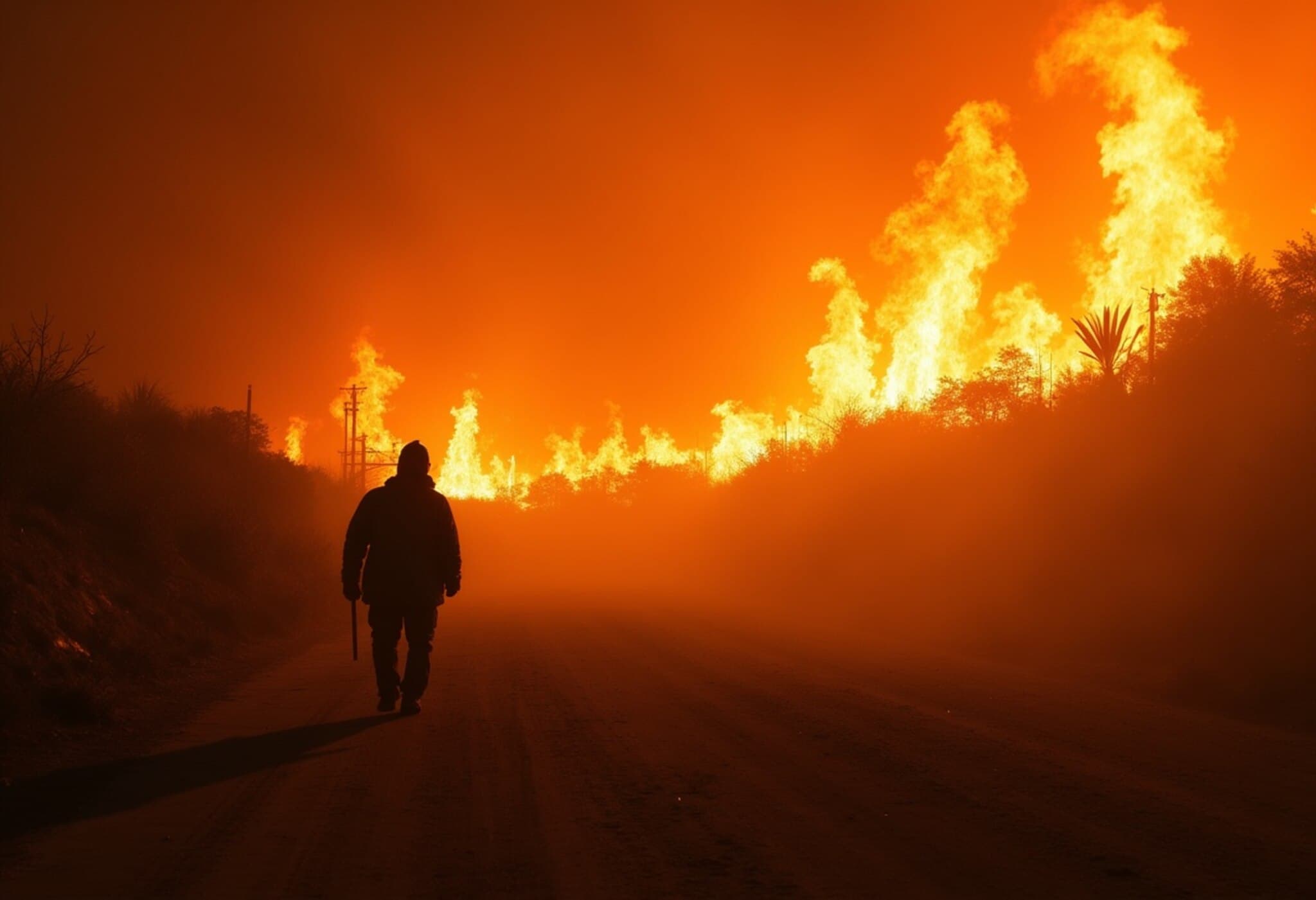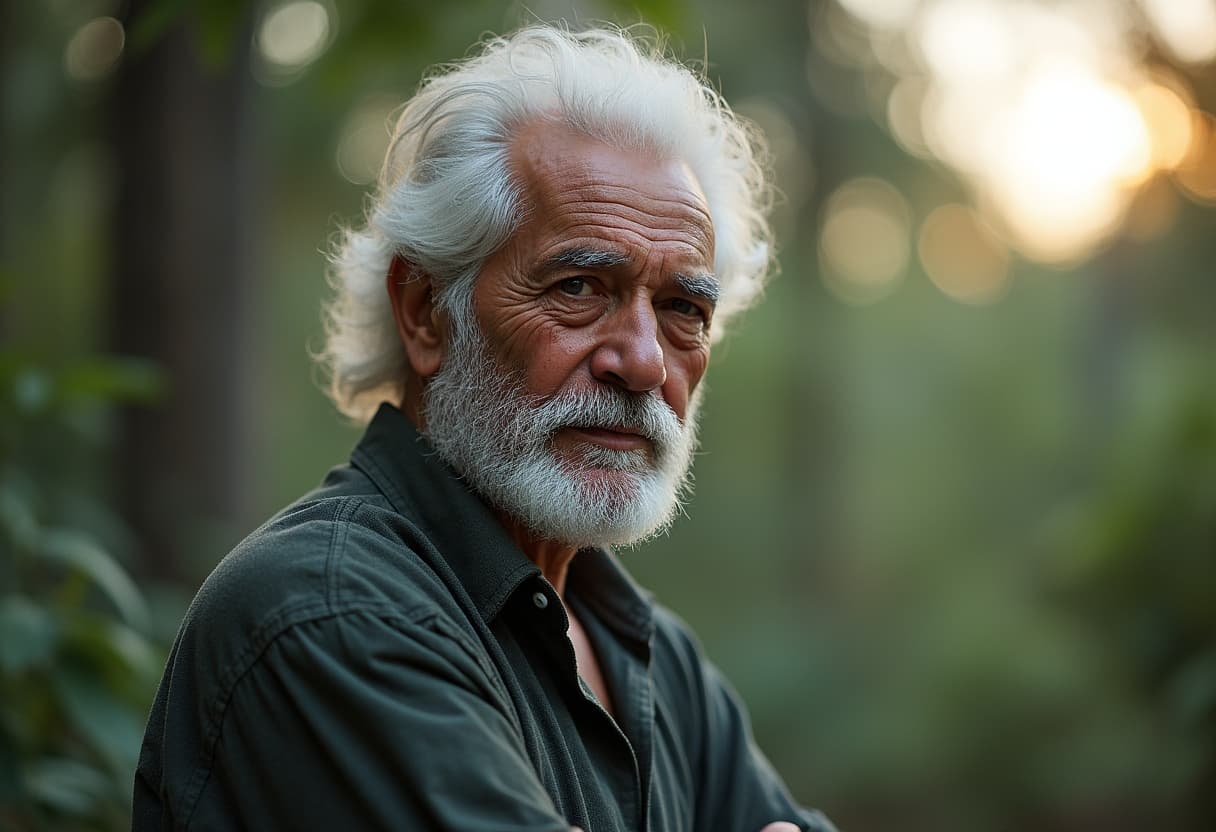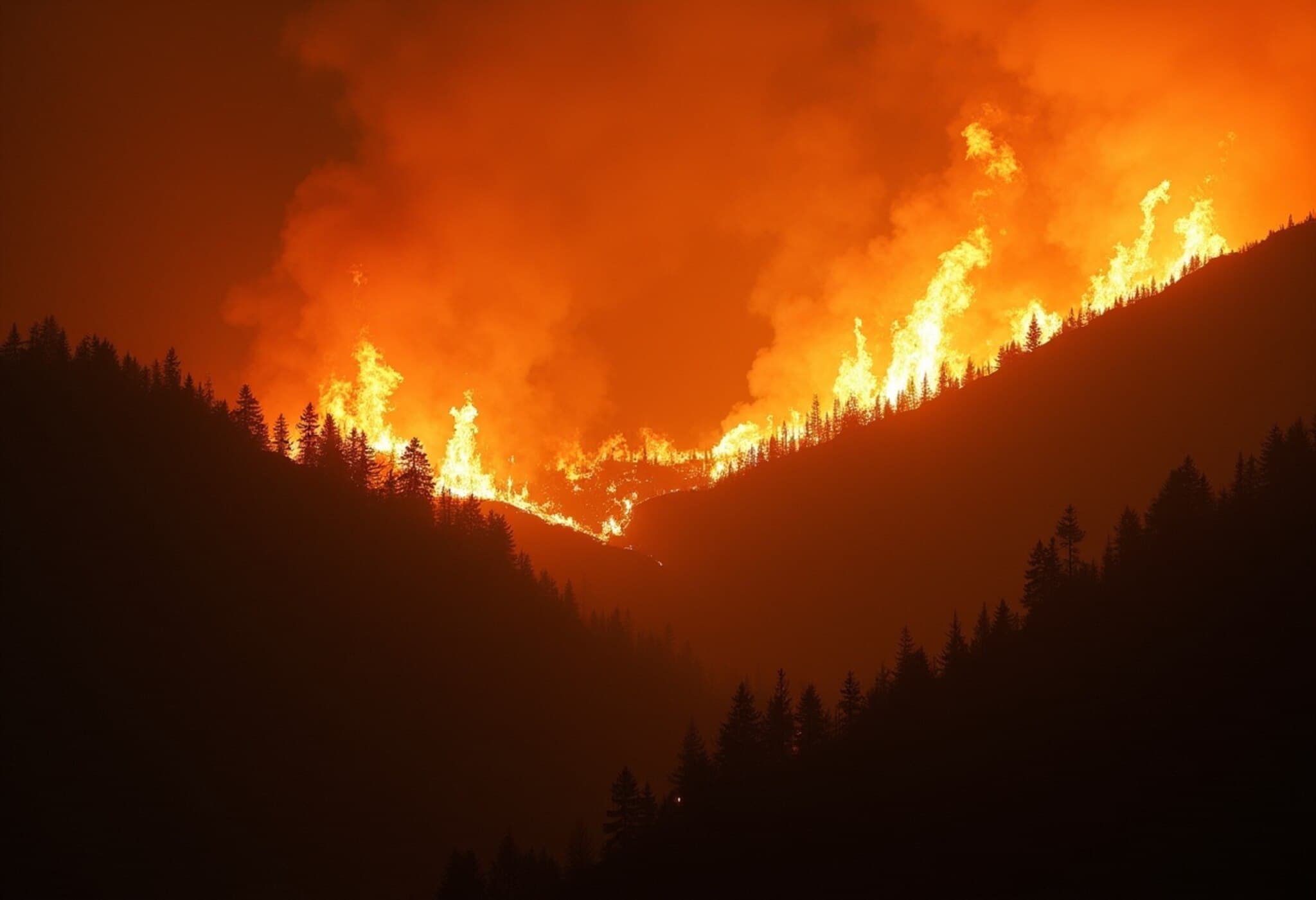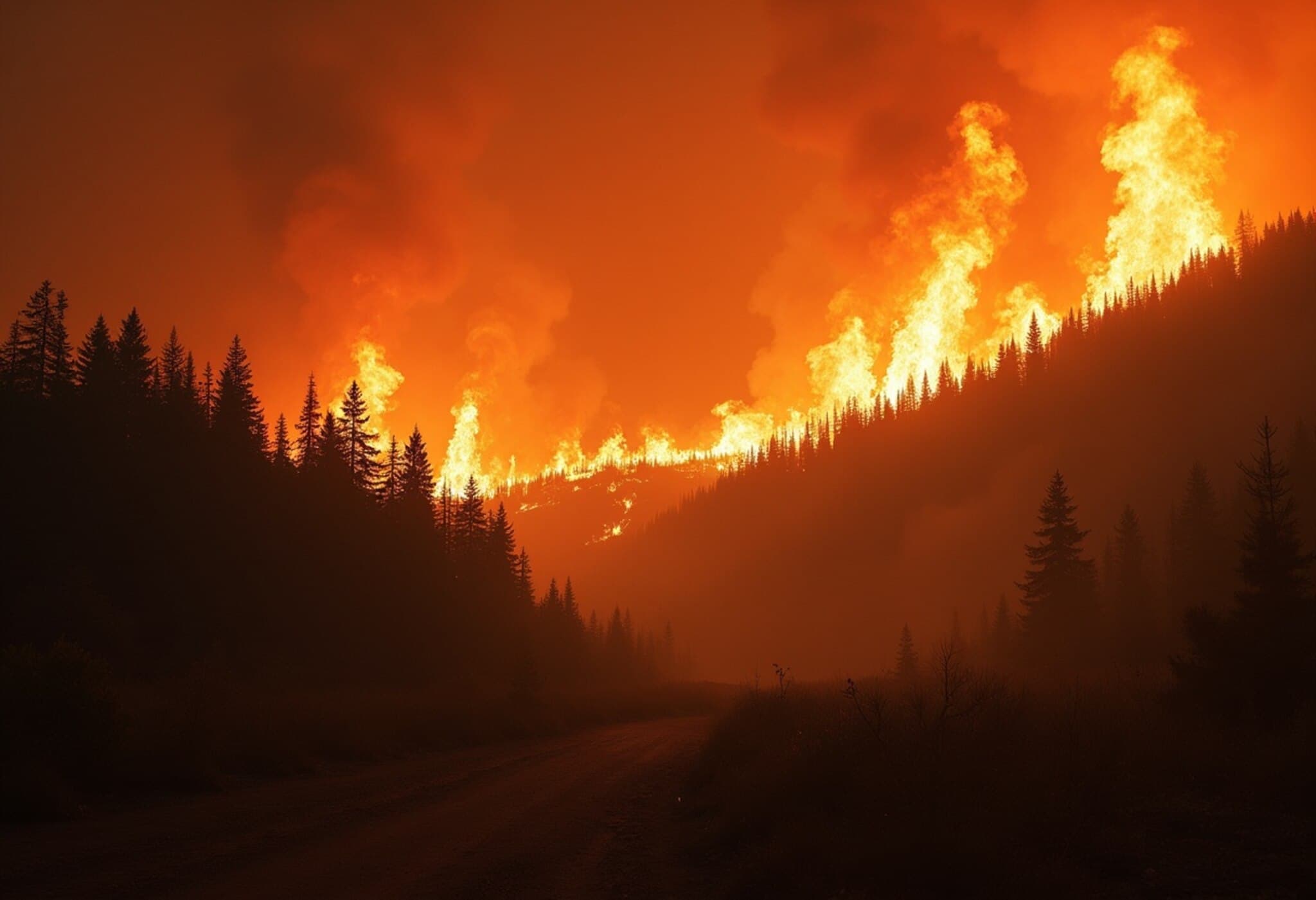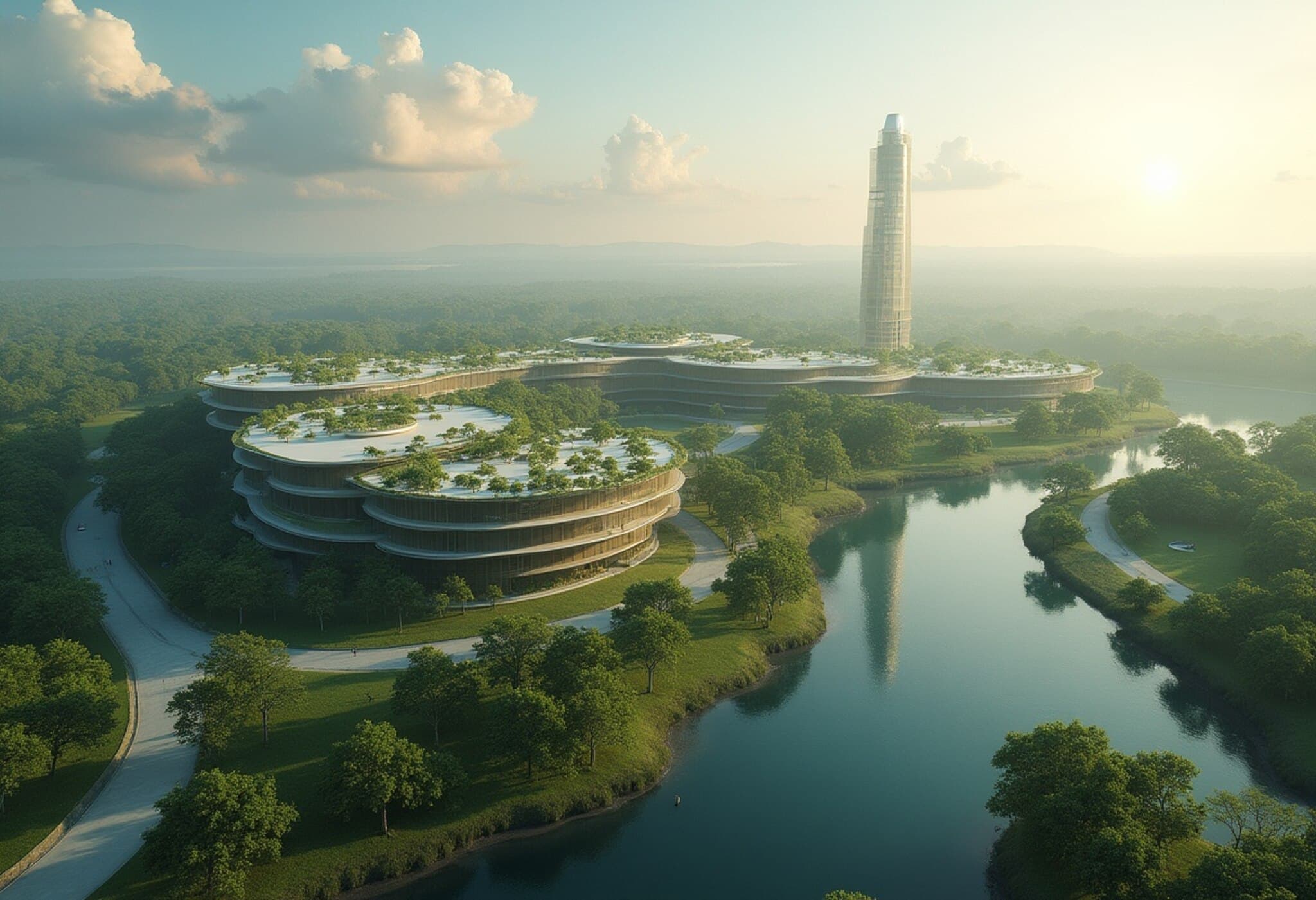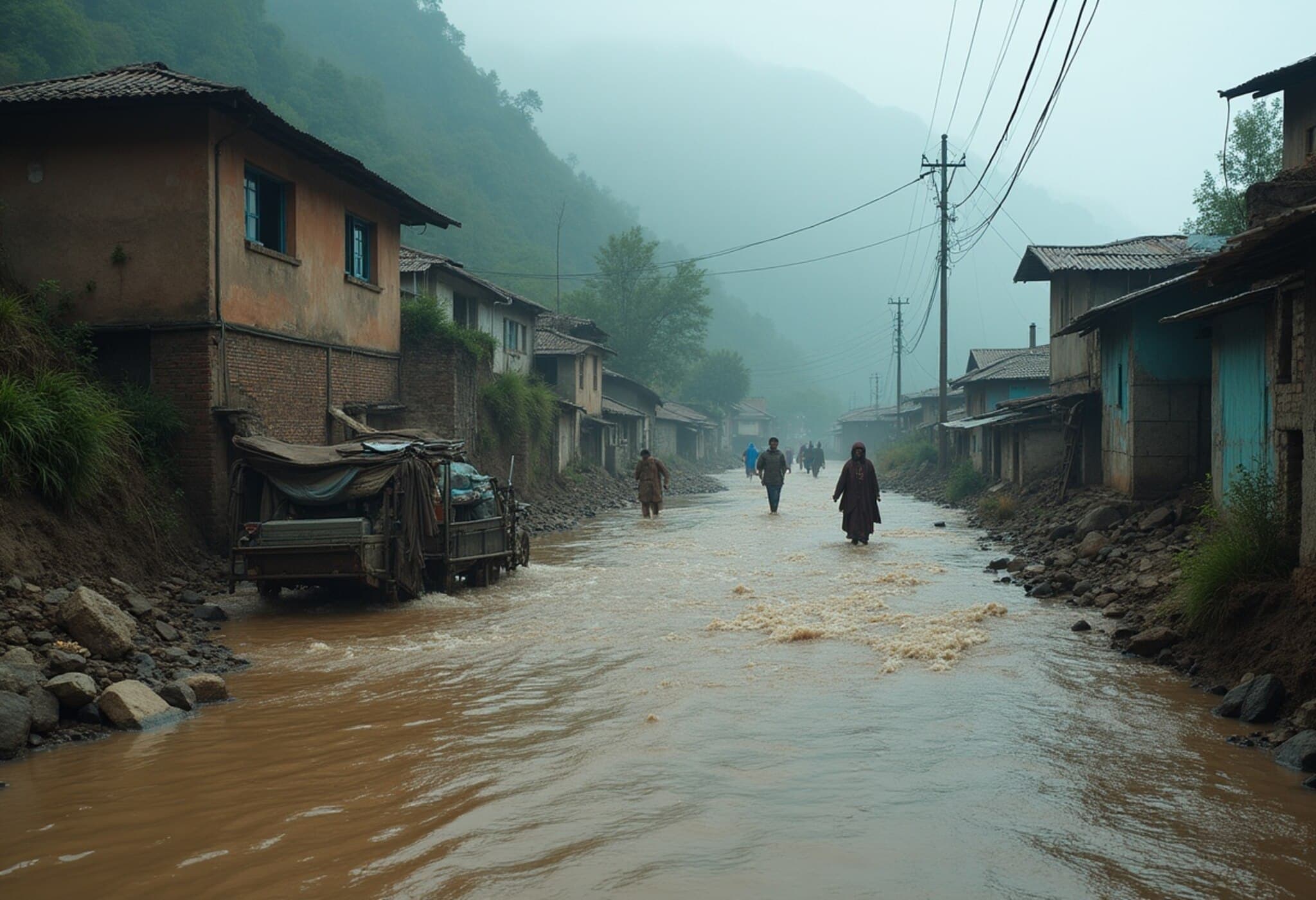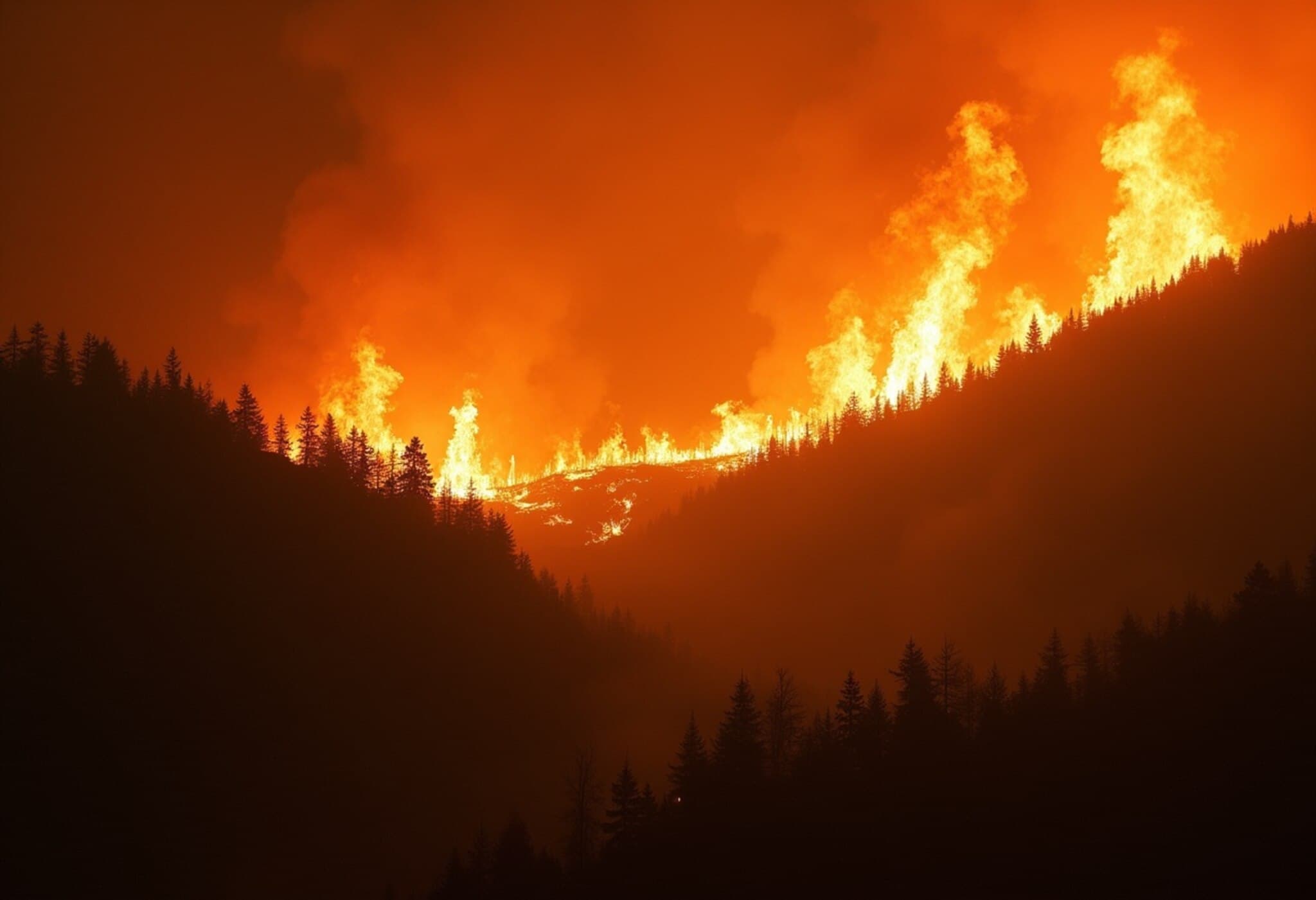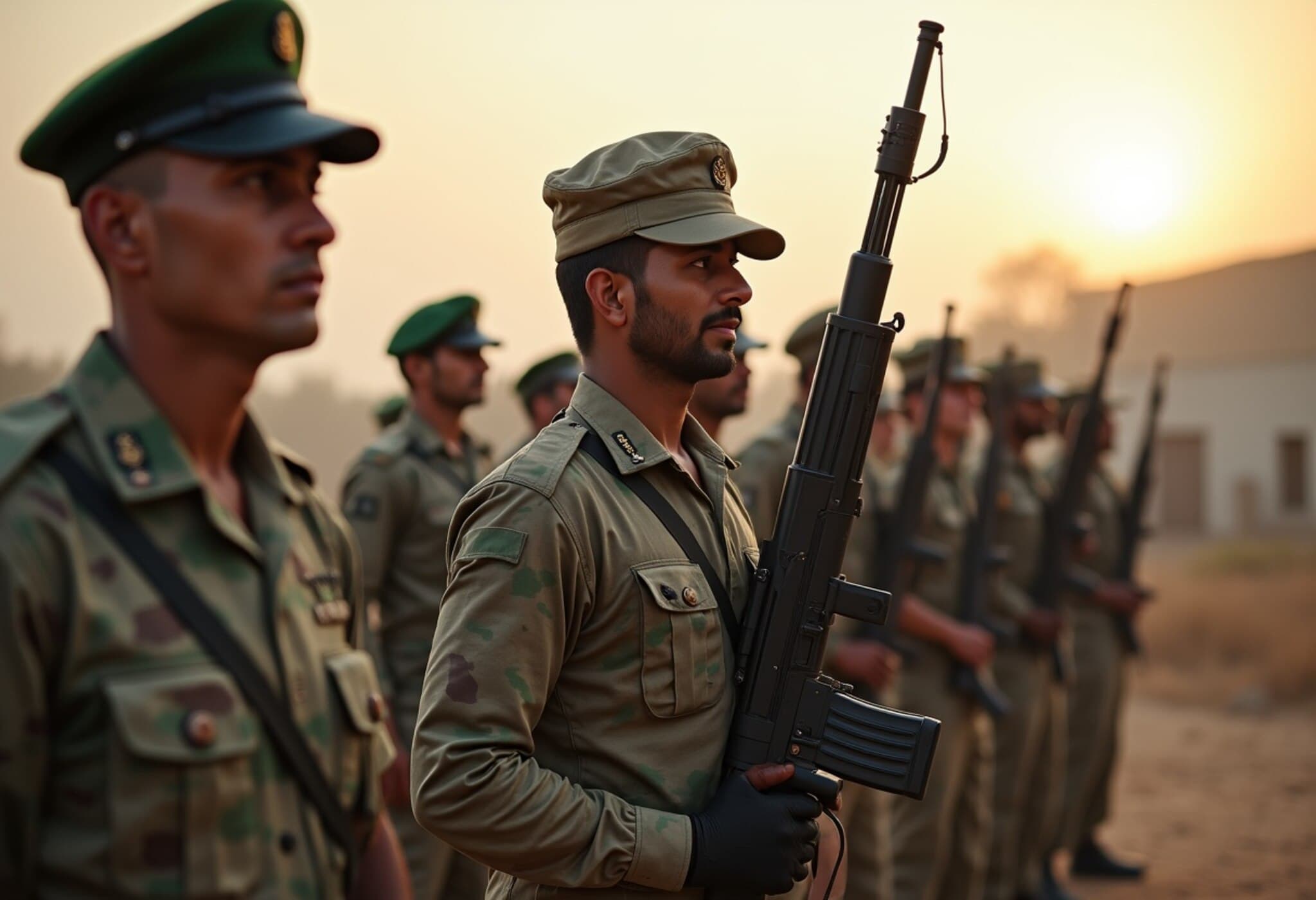Europe Faces Unprecedented Wildfires as Heatwaves Intensify
As summer 2025 unfolds, Southern Europe is grappling with a severe and relentless wave of wildfires, pushed to the brink by soaring temperatures and prolonged drought conditions. Countries including Spain, Italy, and Greece find their firefighting teams stretched thin amid a battle against flames fueled by climate change and extreme weather patterns.
Record Temperatures Amplify Fire Risks
This summer, Europe has experienced some of the highest temperatures on record, with several regions surpassing 45°C (113°F). Such intense heat dries out vegetation, creating tinderbox conditions that allow fires to ignite and spread rapidly. Experts warn that these environmental stressors, exacerbated by changing climate dynamics, increase the frequency and intensity of wildfires, posing significant threats to ecosystems, communities, and infrastructure.
The Human Cost: Firefighters on the Frontline
Firefighting crews are working around the clock under extreme exhaustion, battling blazes that often flare up unexpectedly due to shifting winds and volatile conditions. The scale of this crisis is unprecedented, stretching resources and prompting international cooperation for aerial firefighting assistance and personnel support.
- Spain: Over 25,000 hectares scorched this week alone, with multiple evacuations in the Catalonia region.
- Italy: Sardinia and Calabria face some of their worst fires in decades, threatening wildlife reserves and local villages.
- Greece: Several fires continue to smolder near critical infrastructure, including power lines and highways.
Climate Change and Policy Impacts
Experts emphasize that the increasing ferocity of wildfires is not merely a natural cycle but a direct symptom of climate change. Prolonged drought, heatwaves, and shifting weather patterns create a blueprint for disasters. Policymakers across Europe are under pressure to invest more heavily in fire prevention infrastructure, adaptive land management, and emergency response capabilities.
Underreported Narratives: Community Resilience and Economic Fallout
While dramatic images of blazing forests capture headlines, the quieter stories of community resilience and economic impacts often remain overlooked. Many rural livelihoods dependent on agriculture, forestry, and tourism endure devastating losses, with recovery expected to take years. Additionally, there are mounting concerns about air quality deterioration affecting millions in urban centers, linking wildfire events to public health crises.
A Call for Global Solidarity and Action
The current European wildfire emergency underscores the interconnectedness of climate challenges worldwide. It raises critical questions about resource allocation, disaster preparedness, and the urgent need for comprehensive climate policies. Strengthening cross-border collaborations and investing in cutting-edge firefighting technologies can provide some relief but ultimately must be part of a broader societal commitment to sustainability and resilience.
Editor’s Note
Europe’s wildfire crisis this summer highlights more than just a climatic anomaly; it exposes structural vulnerabilities in emergency response and climate adaptation efforts. How will European governments and citizens recalibrate policies to anticipate and mitigate such events? The human stories behind the smoke stir important discussions about resilience, equity, and responsibility in an increasingly warming world.

